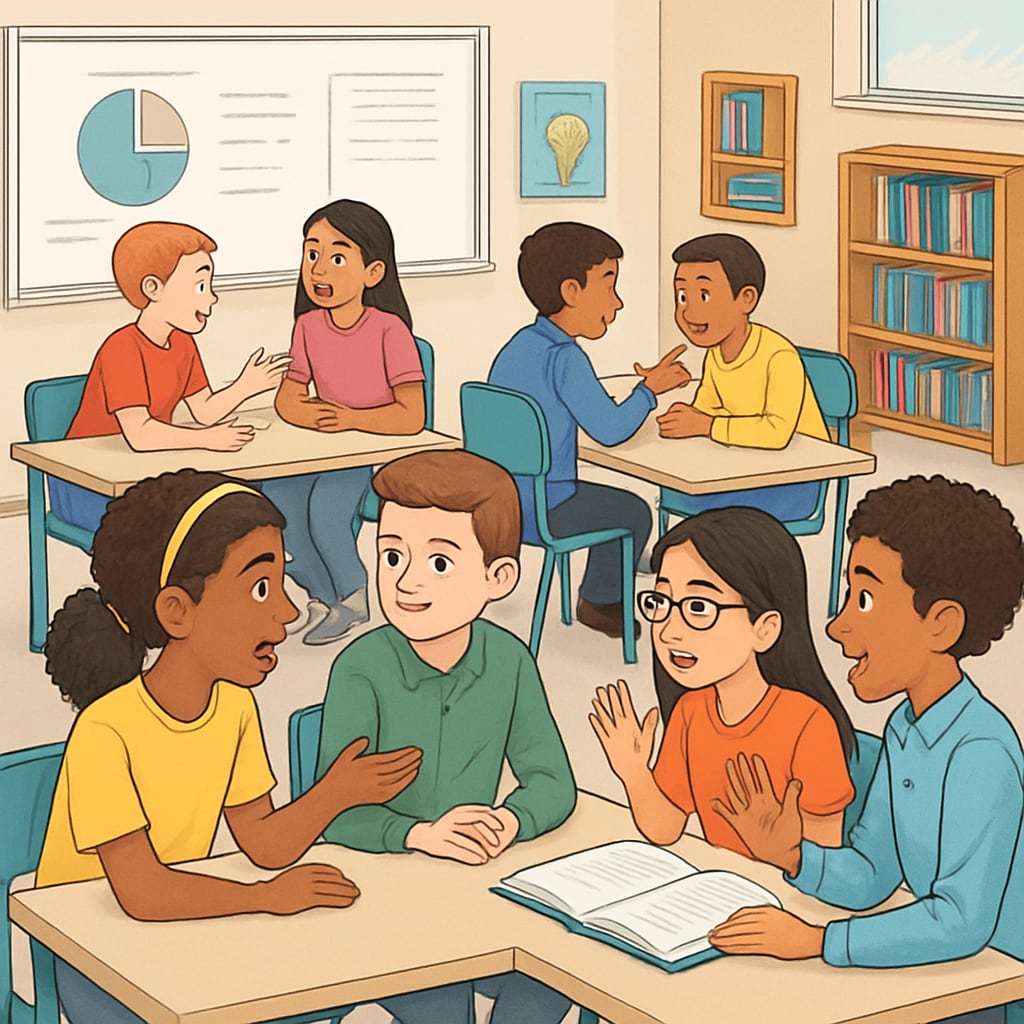Education is often viewed as a process of acquiring knowledge, but its true essence lies in its transformative power. It serves as a cornerstone for fostering critical thinking, nurturing self-awareness, and enabling personal growth. Beyond textbooks and classrooms, education shapes the essence of who we are, guiding the development of both our minds and our character. This article explores the profound influence of education on critical thinking, self-awareness, and multi-dimensional perspectives, demonstrating how it is a vital force in shaping individuals.
Critical Thinking: The Foundation of an Inquisitive Mind
One of education’s most significant contributions to personal growth is the development of critical thinking. Critical thinking involves the ability to analyze information objectively, evaluate evidence, and form reasoned judgments. This skill is essential in a world filled with complex challenges and an abundance of information. Through education, individuals learn to question assumptions, identify biases, and approach problems with an analytical mindset.
For example, subjects like philosophy and science encourage students to engage in inquiry-based learning. By exploring diverse viewpoints and debating ideas, learners develop the habit of questioning rather than passively accepting information. This not only helps them navigate academic challenges but also prepares them for real-world situations where decision-making and problem-solving are crucial.

Self-Awareness: Discovering and Honing One’s Identity
Education also plays an instrumental role in fostering self-awareness, the ability to understand one’s thoughts, emotions, and behaviors. As individuals progress through different stages of education, they are exposed to experiences that challenge their perceptions and expand their understanding of themselves. This process of self-discovery is crucial for personal growth.
Activities such as reflective writing, mentorship programs, and group projects encourage students to evaluate their strengths and weaknesses. As a result, they gain insights into their passions, values, and aspirations. Furthermore, education equips them with emotional intelligence—an essential trait for building relationships and navigating life’s complexities.
Studies have shown that self-aware individuals are more likely to set meaningful goals, make ethical decisions, and lead fulfilling lives. Thus, education’s role in nurturing self-awareness cannot be overstated.

Diverse Perspectives: Building Empathy and Understanding
In addition to critical thinking and self-awareness, education fosters an appreciation for diverse perspectives. Exposure to different cultures, histories, and ideas broadens an individual’s worldview, enhancing their ability to empathize with others. This is particularly important in today’s globalized society, where collaboration and mutual understanding are key to success.
For instance, literature classes often introduce students to stories from various cultural backgrounds, helping them see the world through the eyes of others. Similarly, studying history enables learners to understand the complexities of human behavior and the interconnectedness of societies. These experiences cultivate open-mindedness and the ability to engage constructively with people from different walks of life.
As a result, education not only develops intellectual capabilities but also instills values such as tolerance, respect, and a commitment to social harmony.
The Lifelong Impact of Education
Education’s influence does not end with graduation; its lessons resonate throughout life. By shaping critical thinking, fostering self-awareness, and encouraging empathy, education equips individuals with the tools needed to navigate challenges and contribute meaningfully to society. It is, in essence, a lifelong journey of growth and transformation.
In conclusion, education is far more than a means to acquire knowledge. It is a powerful force that shapes minds and molds character. By nurturing critical thinking, encouraging self-awareness, and fostering an appreciation for diverse perspectives, education paves the way for holistic personal development. As philosopher John Dewey once said, “Education is not preparation for life; education is life itself.”
To learn more about the broader implications of education, explore resources such as Education on Wikipedia and Education on Britannica.
Readability guidance: This article uses concise paragraphs, clear transitions, and examples to illustrate points. Lists and images are incorporated to enhance reader engagement and comprehension.


